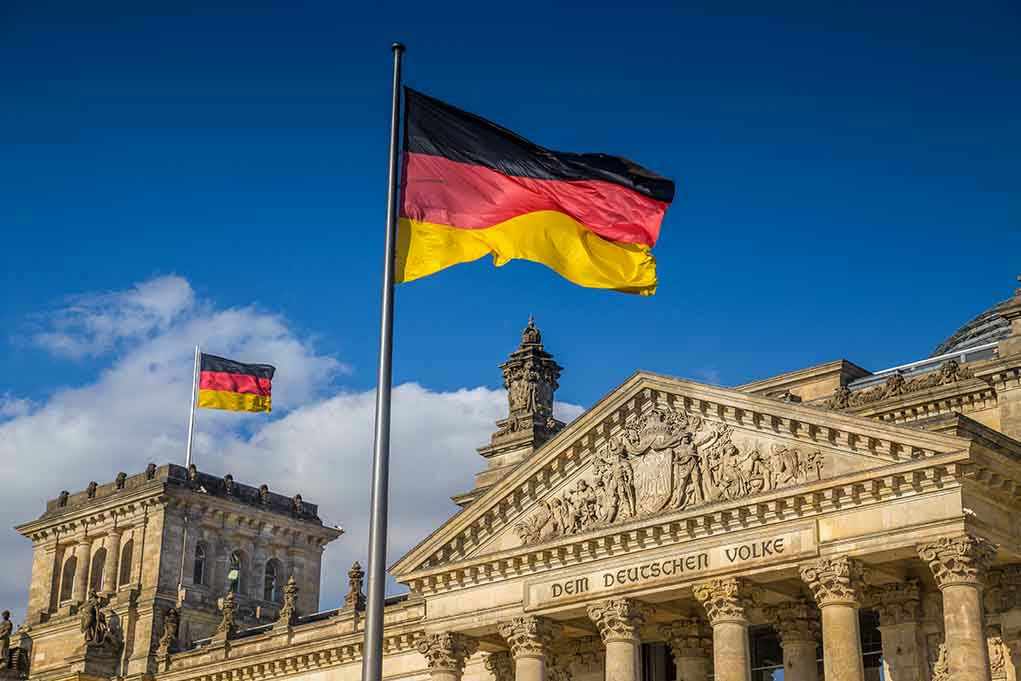
A series of deaths among right-wing AfD candidates in Germany raises suspicions and fears of political foul play.
Story Snapshot
- Six AfD candidates die within 13 days before local elections.
- Deaths spark speculation about their causes and potential connections.
- AfD faces scrutiny amid heightened political tension and polarization.
- Authorities investigate, but no coordinated attacks confirmed yet.
Cluster of Deaths Raises Concerns
In an unusual and alarming development, six candidates from Germany’s right-wing Alternative for Germany (AfD) party have died within a 13-day span leading up to local elections. These deaths have drawn significant attention due to their timing and the controversial nature of the party involved. The AfD, known for its nationalist and anti-immigration rhetoric, has been a polarizing force in German politics. The clustering of these deaths has naturally led to speculation about their causes, with authorities investigating whether they are connected in any way.
The incidents come at a time when the AfD is under increased scrutiny, both publicly and legally, for its alleged extremist activities. This scrutiny, coupled with the unusual pattern of deaths, has fueled conspiracy theories and heightened fears among party members and supporters. Law enforcement agencies are currently conducting thorough investigations to determine the causes of the deaths, with initial reports indicating a mix of natural and accidental causes. However, no evidence has yet been found to suggest a coordinated attack against the candidates.
Political Context and Reactions
The AfD was founded in 2013 as a Eurosceptic party and has since transformed into a significant political force in Germany, particularly after capitalizing on anti-immigration sentiments during the 2015 refugee crisis. Its rise has been accompanied by increased polarization in German society and intense debates over issues like democracy, extremism, and political violence. The recent deaths have added to the existing tension, with AfD leaders calling for transparency in the investigations and demanding better protection for candidates.
Other political parties in Germany are keenly observing these developments, with some issuing statements urging calm and caution against jumping to conclusions. The media, meanwhile, has been actively covering the story, further amplifying public interest and discourse. The attention on these events highlights the challenges faced by controversial political parties in maintaining the safety and security of their members while navigating the complexities of a democratic political landscape.
Implications for German Politics
The immediate impact of these events is a heightened sense of insecurity among political candidates, particularly those associated with the AfD. This could potentially influence voter turnout and the results of upcoming elections. In the long term, there may be calls for changes in how political candidates are protected and how political violence is addressed in Germany. The incident also underscores the broader issues of political polarization and the risks faced by controversial parties in a democratic society.
The clustering of deaths has also prompted discussions about the AfD’s role in German politics and its impact on the political landscape. As investigations continue, the focus remains on ensuring transparency and accountability to prevent further escalation and to maintain the integrity of the electoral process. These developments serve as a reminder of the complexities and challenges inherent in addressing political violence and extremism in a democratic society.
Sources:
Wikipedia: Alternative for Germany
Britannica: Alternative for Germany
American-German Institute: Understanding the AfD
International Centre for Counter-Terrorism: AfD’s Extremist Turn
Indian Council of World Affairs: AfD’s Agenda and Implications











